SUMMARY
This is AI generated summarization, which may have errors. For context, always refer to the full article.
![[OPINION] ‘Ikaw ang unang Muslim na nakilala ko’](https://www.rappler.com/tachyon/r3-assets/612F469A6EA84F6BAE882D2B94A4B421/img/28BCCCE40CDD4154BA904DD0447DC68A/muslim-teen-called-terrorist-aug-8-2019.jpg)
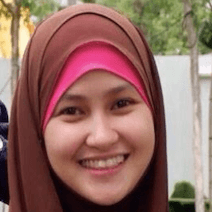
If you were to ask a Muslim to share his or her experience living in a predominantly non-Muslim community, you would often hear stories of difficulty assimilating to the local culture or experiences of constantly explaining the norms and practices common to the Muslim population. Mine is a bit far from that.
Born and raised in Metro Manila to a Muslim father and a Muslim-convert mother, I was given early on the opportunity to be surrounded by relatives who have diverse sets of belief. Growing up, I did not feel the need to adapt to certain cultural norms because being different from the majority seemed normal and being unique is valued.
My parents who are active participants of interfaith dialogues would often let me and my siblings tag along to their engagements. That allowed us to have playmates who were Christian, Hare Krishna, Buddhist, Hindu, among other faiths. The constant exposure to diversity helped us appreciate the uniqueness of every individual – and that what matters in any human interaction is the mutual respect we can offer to one another.
All along I had no problems expressing and practicing my faith as the basic teachings of Islam were deeply inculcated in us. That was until news broke out in 2005 that some members of the terror group Abu Sayyaf (ASG) were trying to escape Camp Bagong Diwa.
Our school being near the camp, classes were cut short. The day after everything was settled, one of my classmates looked at me as if I did something wrong and that I owed him an explanation. He then repeatedly called me “terrorist.” To my surprise, the only response I came up with were tears that would not seem to stop. I could not believe that a girl roughly 13 years of age would be considered a threat.
I know I am not guilty of harming anyone, but the motivation to change people’s tendency to paint a group of people with the same brush grew on me. From then on, I promised myself to try my best to never misrepresent my religion in ways that would result in this stereotyping.
In college, I stayed in a dormitory occupied by people from across the country. Each of us there had our own distinct religious conviction, but that didn’t stop us from observing our spiritual obligations. In fact, praying my evening prayer became a go-signal for my dormmates to perform their novena. During the month of Ramadan, they also wouldn’t eat dinner unless it was time for me to eat. For them, it was simply dinner but for me, it was actually iftar or the breaking of the fast. This chapter in my life restored my faith that humanity can co-exist amid our differences.
Now, I’m a community worker who often goes to different places to implement programs and activities that benefit the less privileged members of the community. There are moments when non-Muslim beneficiaries would come to me and say, “Ikaw ang unang Muslim na nakilala ko” (You’re the first Muslim I’ve ever met) or “Mababait din pala ang mga Muslim.” (I realize Muslims are actually kind.)
I know some people do not intend to stereotype; rather, they were conditioned to think of people who do not belong to their group only in a certain way. On the other hand, the Muslims from the community would sigh in relief, saying, “Pwede rin palang tayo ang nagbibigay.” (It’s actually possible for us to be the donors this time.) These expressions of disbelief and relief made me think that a change in mindset would mean a lot to us who are continually shown in a negative light.
As an archipelago of more than 7000 islands with more than 170 languages and diverse sets of belief systems, I am positive that we can become a nation that can rise beyond the idea that we should all be similar, and that we need to change those who do not fit our standards. Rather, we should recognize, appreciate, and respect the innate diversity within our borders and use that to our advantage to live harmoniously, because it is possible. – Rappler.com
Add a comment
How does this make you feel?
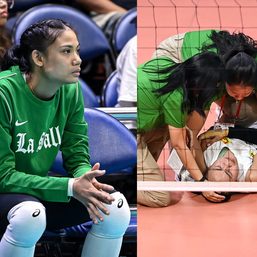
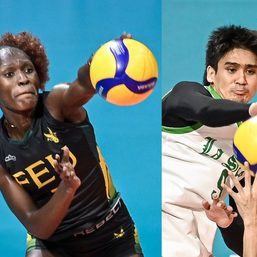
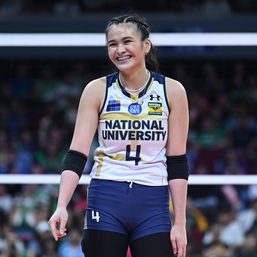
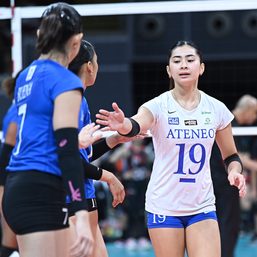
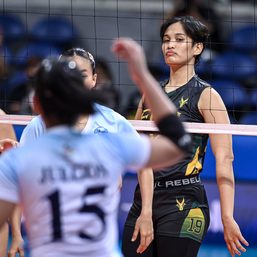
There are no comments yet. Add your comment to start the conversation.